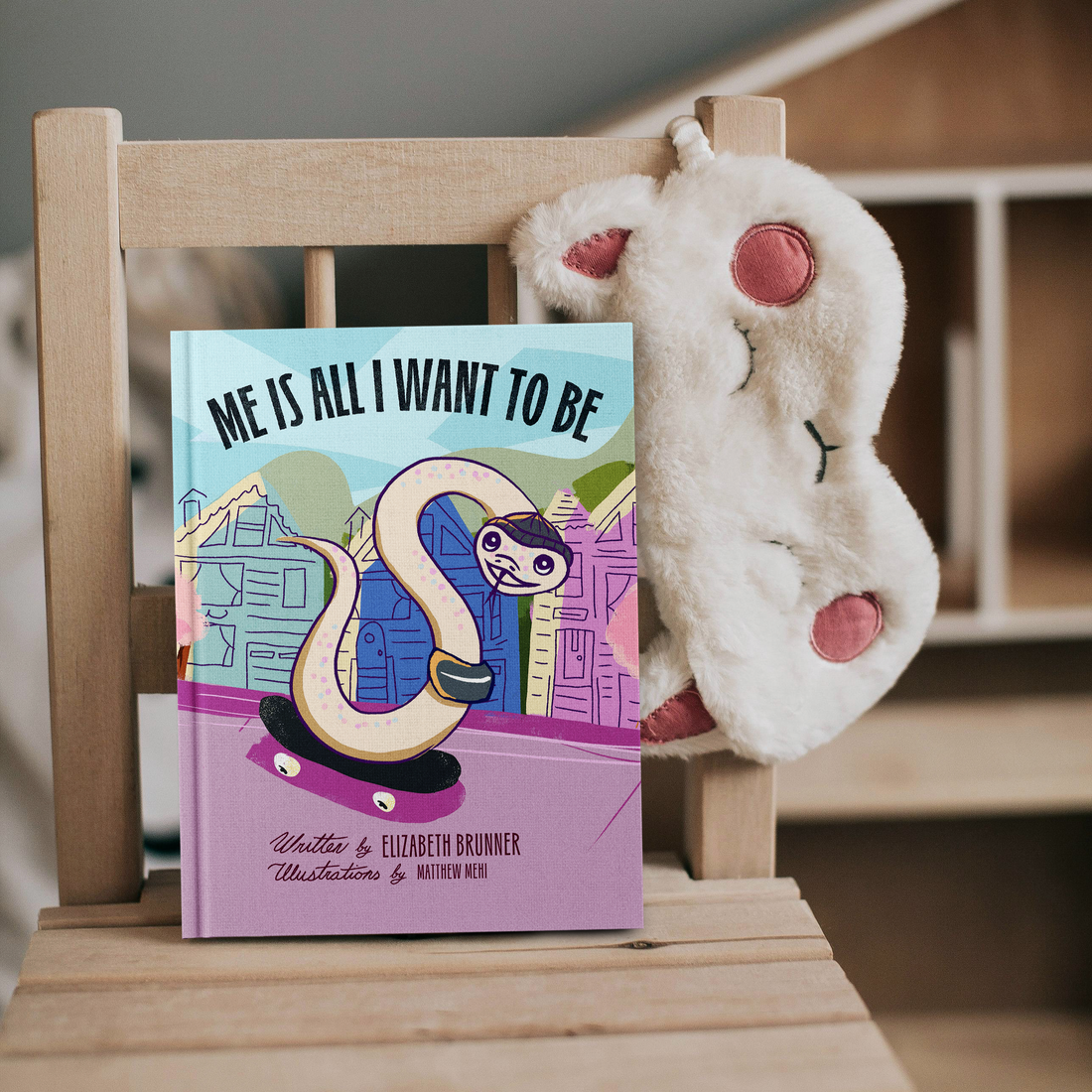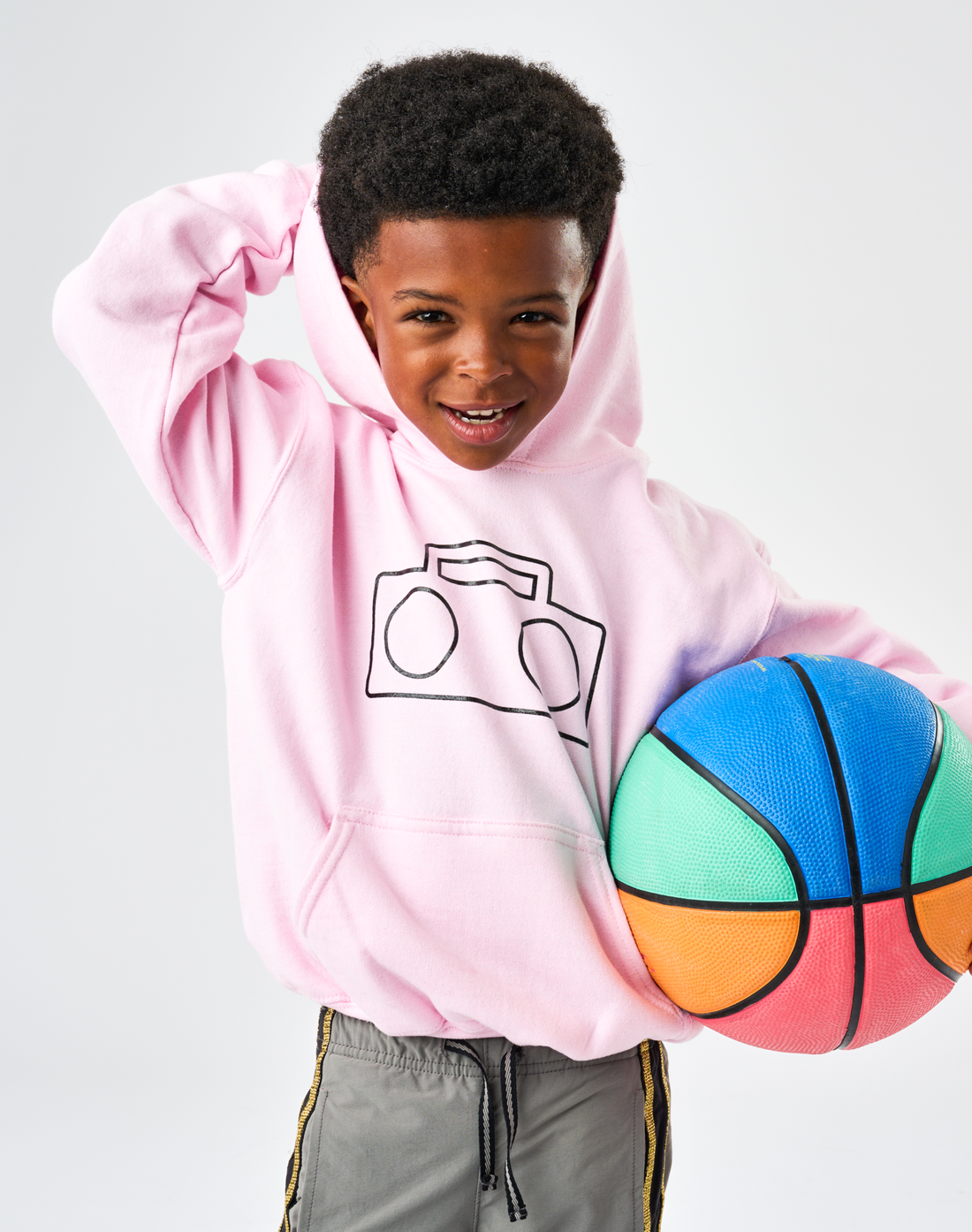StereoType Blog
Love and Stereotypes

Love starts with you — breaking stereotypes on Valentine’s Day!
At StereoType, we love love in all its forms. But sometimes, the stereotypes around Valentine’s Day can get tricky. After all, the red-and-pink aisles in any store seem to promote one of two ideas of what love looks like. On one hand, it’s an all-inclusive “everyone gets a Valentine” love. On the other, it’s an exclusive bond between two people — that, by its nature, leaves everyone else out.
As kids begin to have the power to choose which kids they wish to give Valentines to and become aware of the concept of dating, Valentine’s Day can make it seem like “grown up” love is dependent on one singular person in your orbit.
Which is why, this Valentine’s Day, we’re exploring the concept of self-love a little more deeply. Because when you love yourself, you can love the world and a special someone.
Here are some ways to lean into love this season:
-
Take time for you
Such a cliche and such an impossibility sometimes, but the more kids can see their parents leaning into their passions, the more they realize that love and satisfaction are internal. It’s okay to let your kids know you’re taking an hour to read a book, hop in the bath, or just zone out. And it’s even better if they see you leaning into a passion that’s just for you. Maybe it’s working out, maybe it’s catching up with an old friend or maybe it’s ramping up a passion project. Whatever it is, showing up for yourself and your interests is a powerful reminder for your kids to show up for theirs, too.
-
Give yourself compliments
Let your kids hear what self-love sounds like. Whether it’s patting yourself on the back for getting through a tough work situation or giving a compliment to your new lipstick shade, let them see it’s okay to love yourself — and normalize noticing and acknowledging your good qualities and calling them out.
-
Recognize issues
A day full of hearts can be high-anxiety to a kid who’s hoping to get some Valentine’s acknowledgements from a crush or a friend. Instead of pretending the day is all fun, take some time to talk about the anxiety that can come from being excluded. Talk through ways to make sure that everyone feels involved. Whether that’s giving out Valentine’s to everyone in the class or reaching out to a friend who feels lonely, encourage kids to expand their perspective on Valentine’s Day — and recognize any concerns they might be feeling.
-
Talk about love
Valentine’s Day is a great time to have conversations about what love looks like. The media portrays love as passionate kisses and endless romance, and even kids with minimal screen time may subconsciously internalize the message that love is seamless. But talking about love as also being work, showing up, and forgiving each other can also help bring nuance to your child’s growing conceptions of what love means.
-
Keep what works, leave the rest
Valentine’s Day is fun for some, stressful for others. That’s a lesson all in itself. And so is finding the parts that work for you. Make meaningful traditions, show your kids that you love doing a Valentine’s Day date night with a significant other, buy the heart pajamas if they make you happy. But also let your kids know that one holiday doesn’t determine happiness, or how much love is around them on a daily basis.
Written by Anna Davies
_____
Anna Davies is an award-winning writer, editor and content strategist. She has written for The New York Times, New York, Cosmopolitan, Glamour, Elle, Parents and others. She is a proud solo mama to her 7-year-old daughter, Lucy, and lives in the New York City area.






